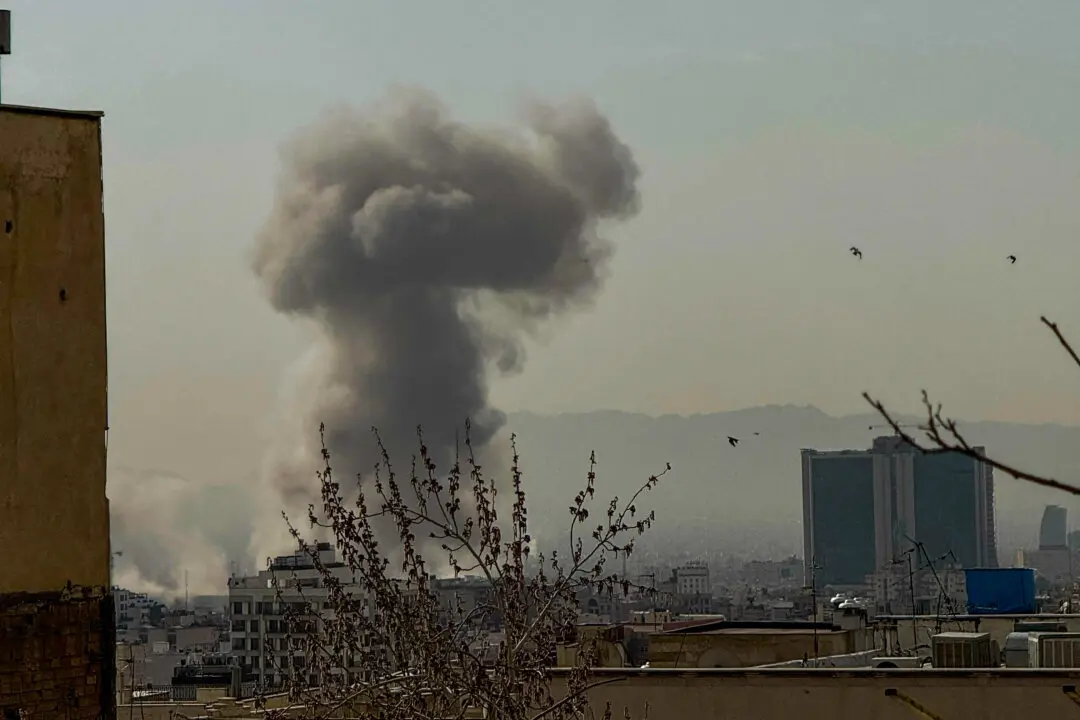Formal free trade negotiations between Canada and China have been put on hold, at least for now. Prime Minister Justin Trudeau and Chinese Premier Li Keqiang emerged from their private meeting in Beijing on Dec. 4 without announcing a plan to pursue an agreement.
According to reports, the meeting between Trudeau and Li took longer than expected, and a joint press conference scheduled after their meeting was cancelled at the behest of the Chinese side.





